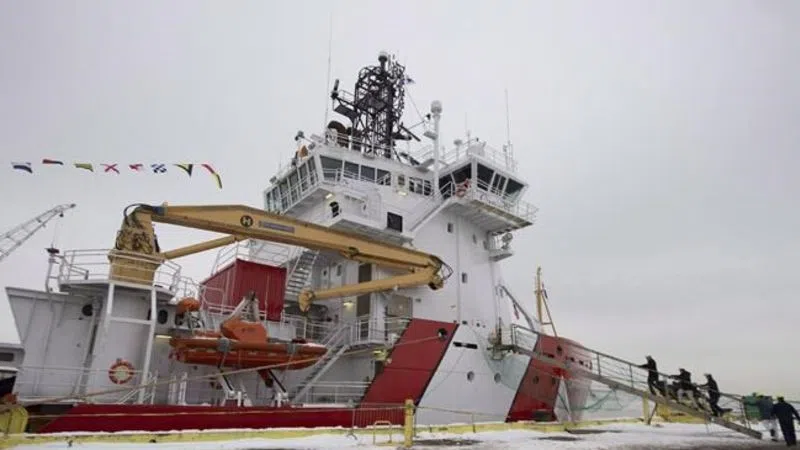
Back to the drawing board for missing heavy icebreaker: Coast Guard
OTTAWA — Call it the case of the missing icebreaker.
The fate of the Canadian Coast Guard’s next heavy icebreaker has been wrapped in mystery since the federal government quietly removed the $1.3-billion project from Vancouver shipyard Seaspan’s order book in May.
But plans to build the icebreaker, which was first promised by Stephen Harper’s Conservative government more than a decade ago, have not been cancelled, says Coast Guard Commissioner Mario Pelletier.
Rather, Pelletier said the icebreaker has been sent back to the drawing board as the Coast Guard looks to update the original design to account for changes in technology and the government’s requirements.


